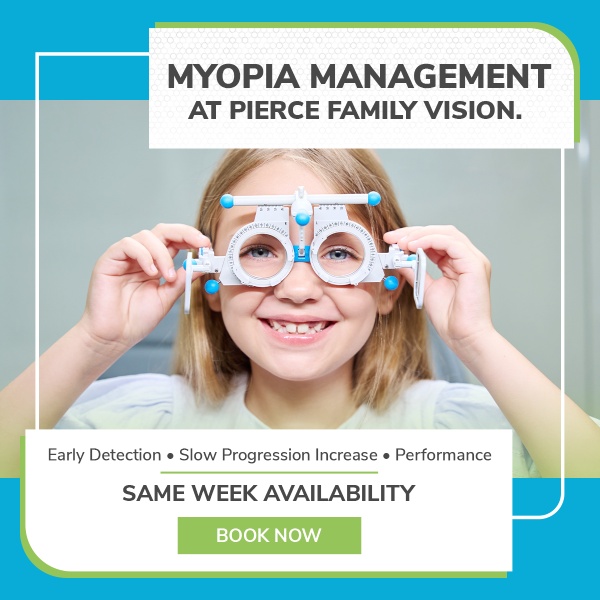Imagine you’re getting ready to go to the beach. You’ll probably bring a swimsuit, sunscreen, a towel and of course some sunglasses. Sounds like a pretty reasonable list of items for the beach, right? How about this one, it’s a very cloudy, cold autumn day and you’re getting ready to get some groceries in your car, you’ll probably bring a warm coat, some grocery bags, a wallet and of course your sunglasses! Hold on, didn’t you just say it was a cold and cloudy day, why would you bring your sunglasses?? It may surprise you to know that sunglasses are for so much more than for just looking great at the beach!
The sun bathes the earth in wonderful life-giving sunlight. This light includes a special type of radiation called ultraviolet or UV radiation. This invisible radiation is categorized into three specific types, UV-A, UV-B, and UV-C. We thankfully don’t have to worry too much about UV-C as it is absorbed by the ozone layer in the atmosphere. UV-A and UV-B however are allowed through the atmosphere. These radiations are unimpeded by cloud cover, so even if the sun’s visible light is reduced, the amount of radiation getting through the clouds remains unchanged. This is a huge problem because UV light is damaging to the building blocks of our body (the cells) and can cause a number of not only uncomfortable but potentially catastrophic issues.
When talking about the damaging effects of the sun, we almost immediately think about sunburns. Sunburns are painful and it doesn’t take much time to develop one after you’ve been in the sun for too long. As such, most of us know to wear clothing and sunscreen to protect our skin from sunburn. But why go through all the trouble of protecting your skin only to leave out one of your most precious body parts, your eyeballs! Your eyes are exposed to the sun just like your skin, but the effects are unique and can sometimes take years to manifest.
UV damage can lead to the following conditions:
- cataracts
- pterygiums
- eyelid cancers
- sunburned eyes
- solar retinopathy
Sunglasses are first and foremost a piece of protective equipment. This means they need to be able to block both UV-A and UV-B light in order to be effective. They are essential for both adults and children, but it is exceedingly important for children. Children play outside, so their exposure to UV is three times the amount that an adult is exposed to. Coupled with the fact that a child’s eye is not fully developed and cannot reduce the amount of UV light entering the eye as effectively as an adult makes sunglasses wear an absolute must. Sometimes parents are worried that their children will lose or break sunglasses, but they don’t have to be expensive! As long as the sunglasses are UV blocking you can protect your child’s eyes. Ask your eye doctor for more information on sunglasses options for children.
Sunglasses can be made with or without prescription and can even be made into bifocals or progressives! They can be made to go clear when you go indoors with special types of “transition lenses”. They can be used by contact lens wearers including those that wear UV blocking contacts. They can even just add to your style (my personal favourites are Maui Jims).
So if you’re asking yourself if you need to wear sunglasses when you go outside during the day, the answer is always yes. Whether the sun is shining or the sky is covered in clouds, put on your sunglasses. You’ll not only look great, but feel great knowing you’re keeping your eyes safe.
Written by Dr. Tristan Faria who graduated with honours from the University of Waterloo School of Optometry in 2018. Dr. Faria loved growing up in Kitchener and is very excited to have the chance to provide quality eye care to the people of Kitchener-Waterloo.
Dr. Faria’s past clinical experience involves a rotation at Omni Eye Services in Atlanta, Georgia, where he treated a wide variety of ocular diseases, attended weekly lectures held by ophthalmologists, and prepared patients for cataract surgery. He also provided full-scope patient care in Kitchener during his rotation at the Health Sciences Optometry Clinic.
In his free time, Dr. Faria enjoys hiking, biking, and drawing, as well as spending time with his family in Kitchener. He is excited to provide the most excellent eye care possible to patients of all ages.


